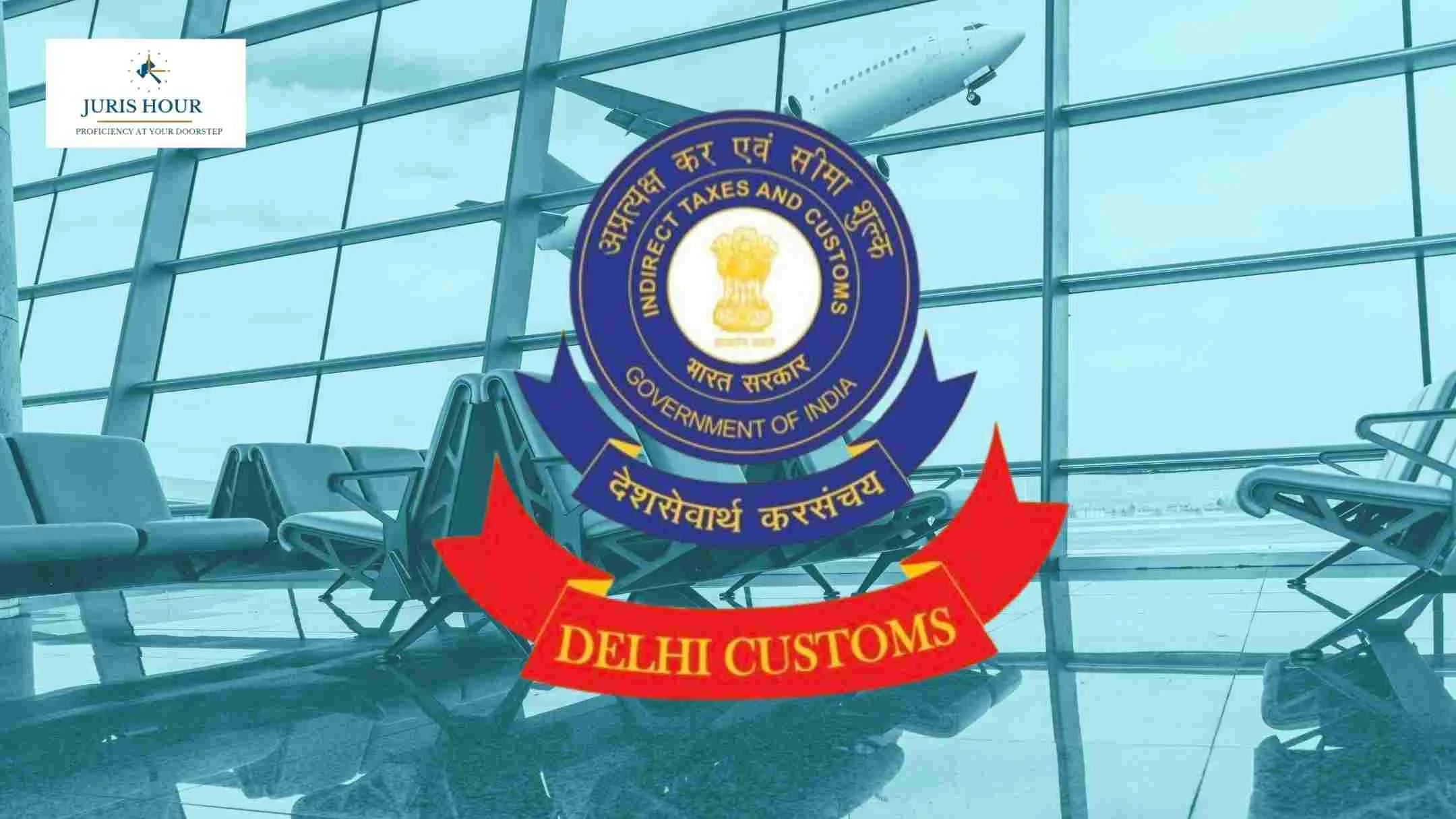In a scandal that exposes the deep entrenchment of corruption and the compromise of national security at one of India’s busiest airports, the arrest of Uzbek national Olga Kozireva in August 2000 revealed a vast smuggling network allegedly run with the cooperation of customs officials. The network spanned from Tashkent to Paharganj, roping in Uzbeks, Afghans, and senior Indian officers in a complex operation that thrived on impunity and manipulation.
Kozireva, then 27, was apprehended at Delhi’s Indira Gandhi International Airport carrying 27 bags of Chinese silk valued at ₹1.56 crore. But her arrest – on what turned out to be her 68th visit in 10 months – was merely the beginning of an unraveling operation that had functioned nearly 350 days a year, with women from the Commonwealth of Independent States (CIS) arriving on flights, clearing customs effortlessly, and disappearing into Paharganj’s crowded lanes.
The bust should have triggered immediate action. Yet, it wasn’t until March 31, 2001 – over seven months later – that a coordinated raid was conducted at the residences of 48 customs officials, including their chief, B.P. Verma. Investigators later termed the case a clear example of high-level collusion.
Silk, Smuggling, and Suspicion
While Kozireva claimed she was in the textile trade, investigators suspected her cargo may have included more than fabric. The Central Bureau of Investigation (CBI), which took over the probe, did not rule out the possibility of drug or arms trafficking. Suspicion was fueled by her repeated same-day transits to Pakistan, along with the suspicious pattern of phone calls between her, her Afghan associates, and customs officers, immediately after each landing.
Payments to officials reportedly ranged between $400 and $900 depending on baggage size, far exceeding what could be justified merely for smuggling silk, which is priced at ₹45 per metre. “The economics of it didn’t quite add up,” a CBI officer noted.
A Nexus Uncovered
Evidence pointed to a well-oiled three-way nexus between Kozireva, two Afghan nationals – Mamoor Khan and Del Agha – and corrupt customs officials. Trucks would await outside the airport to swiftly transport the undeclared goods to Paharganj. Despite overwhelming circumstantial and direct evidence, efforts were made to block the investigation. The Customs Department itself approached the Delhi High Court, seeking to quash the sessions court judge’s observations linking officials to Kozireva. The court granted relief, briefly stalling the probe.
However, pressure mounted after the issue was raised in the Rajya Sabha, prompting then Finance Minister Yashwant Sinha to order dual inquiries — one from the vigilance angle, the other focusing on smuggling.
The findings confirmed the involvement of customs officers, and orders were issued for the suspension of 42 of them. But implementation was stalled, allegedly due to Verma’s influence within the department.
Wider Network, Greater Threat
Further investigations revealed that Kozireva’s operations were part of a much larger system. Intelligence from Uma Suryan Arayan Mishra, First Secretary at the Indian Embassy in Tashkent, indicated a steady flow of CIS nationals into India, many of whom were involved in smuggling diamond powder, gold, tungsten wire, and fake pharmaceuticals.
In August 2000, Delhi Police seized 800 kg of counterfeit medicines with Russian and Uzbek markings in raids at Paharganj hotels and a banquet hall in Rajinder Nagar. These drugs were reportedly being smuggled back to Uzbekistan and other CIS nations, triggering alarm among Uzbek authorities and prompting them to impose restrictions on Indian pharma imports.
Prostitution Racket and False Fronts
Several Uzbek women, arrested for smuggling and suspected prostitution, had frequented Delhi up to 30 times in six months. Many claimed to be Herbal Life agents, carrying identity cards as “nutrition consultants” while simultaneously engaging in illicit activities. Photographs of these women partying with officials were found during raids, hinting at the undue hospitality they extended to gain protection.
Hotels like “Yes Please” in Paharganj became hubs for these operations, with CIS nationals reportedly accounting for up to 60% of the occupancy prior to Kozireva’s arrest.
Systemic Failures and Conflicts of Interest
Despite early intelligence warnings from the Indian Embassy in Tashkent and visa data indicating frequent suspicious travel, no alerts or circulars were issued by Customs. An internal memo later revealed that even after Olga’s arrest, alerts were backdated and fudged to cover up the lapses.
Questions were also raised about the neutrality of those heading the investigation. Raja, who led the probe, had served as Customs Commissioner in 1997 — around the time the smuggling operations reportedly began. Similarly, M.K. Zutshi, then Chief of Revenue Intelligence, faced scrutiny due to his wife’s posting as airport commissioner until mid-2000.
The Aftermath
As Olga Kozireva remains central to a case now symbolic of systemic rot, her Afghan accomplices remain at large. The CBI suspects they were tipped off by insiders before her arrest.
“She operated under the belief that she was untouchable,” a CBI officer stated.
The investigation revealed a disturbing intersection of economic crime, human trafficking, counterfeit drugs, and national security breaches. Despite partial crackdowns, the delayed response and attempted cover-ups suggest a broader failure — not just of enforcement, but of accountability.

